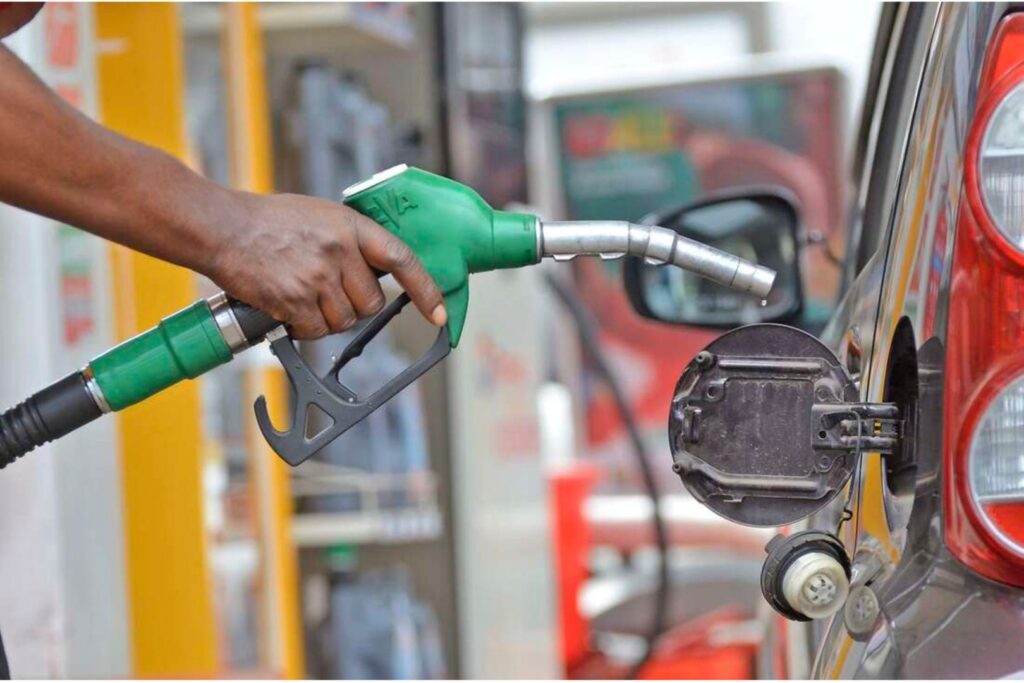“As the country moves towards shifting to clean energy use in domestic chores, it is important that Ewura as a regulatory body takes necessary measures including advising the ministry on what should be done to encourage private investment in this vital sector.”
Last week while launching the 2022/23 energy sector performance report, Deputy Prime Minister and Minister for Energy, Dr Dotto Biteko commended Energy and Water Utilities Regulatory Authority(Ewura) for proper regulation of the vital sector but also urged the authority to continue working with the private sector.
Dr Biteko paid tribute to the vital contributions made by the private sector backed by development partners in advancing the country’s energy sector while noting that institutions such as the World Bank have played an important role in ensuring that almost all villages have access to electricity in the country.

Indeed since its creation over two decades ago, Ewura has been collaborating well with the private sector hence the notable achievements made in energy supply to consumers.
As regulators, Ewura has ensured that it regularly listens to suggestions from stakeholders to ensure that the country’s energy sector delivers the best products and services to consumers hence enabling more Tanzanians, especially those in rural areas to access electricity, clean water and petroleum products. In his address, the deputy PM acknowledged the exemplary performance of the private sector in implementing various projects.
“The private sector has contributed 222 megawatts of the 1,911 MW current production capacity which clearly demonstrates its critical role in supplementing government efforts in the energy sectors,” he said.
Apart from electricity where the private sector has not invested much compared to the public sector, it has played key roles in delivery of petroleum products with the bulk of investment made in retail outlets which serve consumers.
Service stations, LPG vending shops and other similar outlets licensed by Ewura are largely owned by the private sector. Operating under Tanzania Association of Oil Marketing Companies, the private sector has collaborated well with the regulatory body hence the deputy PM’s acknowledgement.
“The private sector has always worked alongside the government in plugging shortfalls hence help us achieve targets, especially in areas such as electricity, fuel supply and cooking gas,” he underlined. As the country moves towards shifting to clean energy use in domestic chores, it is important that Ewura as a regulatory body takes necessary measures including advising the ministry on what should be done to encourage private investment in this vital sector.
As president Samia Suluhu Hassan’s government has signaled a major shift from over-reliance on use of fossil fuels, namely charcoal and firewood, Ewura’s collaboration with the private sector is of vital importance to ensure success. Continued provision of a conducive environment to encourage private investment in clean energy services such as establishment of mini off-grid electricity supply projects in rural areas, importation and supply of liquefied petroleum gas and solar system installation, is of paramount importance.
It is therefore very important that the private sector and development partners team up with the public sector to ensure delivery of clean energy solutions as envisioned by the head of state who wants to relieve low income families especially those in rural areas.
Seconding Dr Biteko’s statement, permanent secretary at Ministry of Energy, Engineer Felchesmi Mramba, highlighted the key role played by the World Bank Group in enhancing clean energy supply to rural families in the country.
“The World Bank allocated 300 million USD in supporting government’s efforts to electrify rural areas, a decision which followed good collaboration between the state and the Bretton Woods Institution,” Eng Mramba said.
He pointed out that the multilateral lender’s decision to provide funding is a result of the government’s efforts in investment made in rural electrification. In April 2024, the World Bank Group and African Development Bank announced a joint initiative to finance provision of electricity to at least 300 million people in Africa by 2030.
In order for Tanzania to fully benefit from this latest initiative, Ewura must continue working closely with the private sector as deputy PM Dr Biteko pointed out. “Access to electricity remains a fundamental human right and is vital for healthcare, education, productivity, digital inclusivity and job creation. Currently, less than 3,000 villages have no access to electricity in the country with the government’s target to ensure that all of them get connected to the national grid by end 2025.
